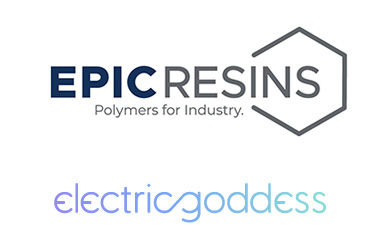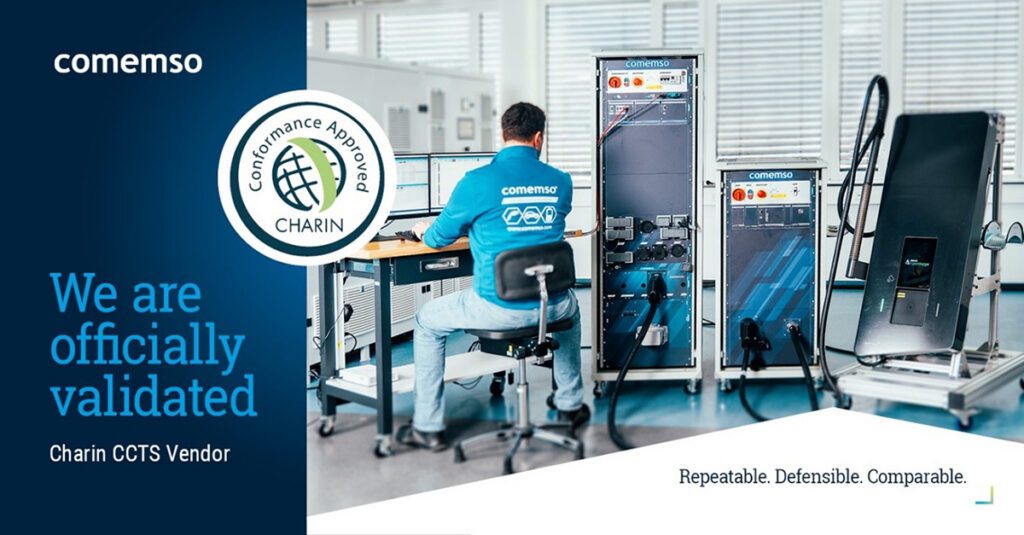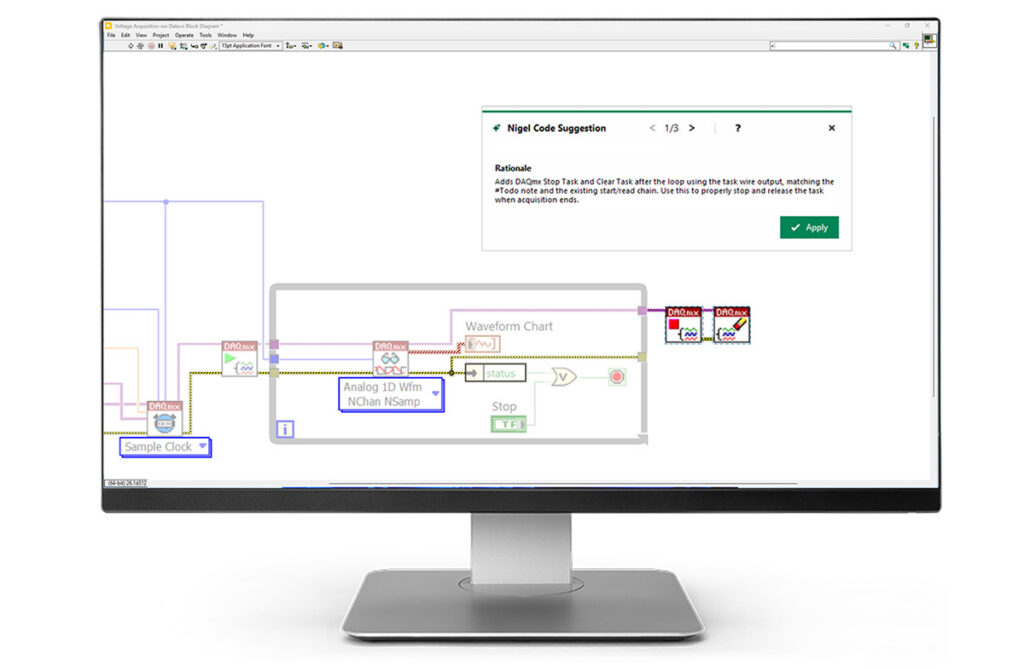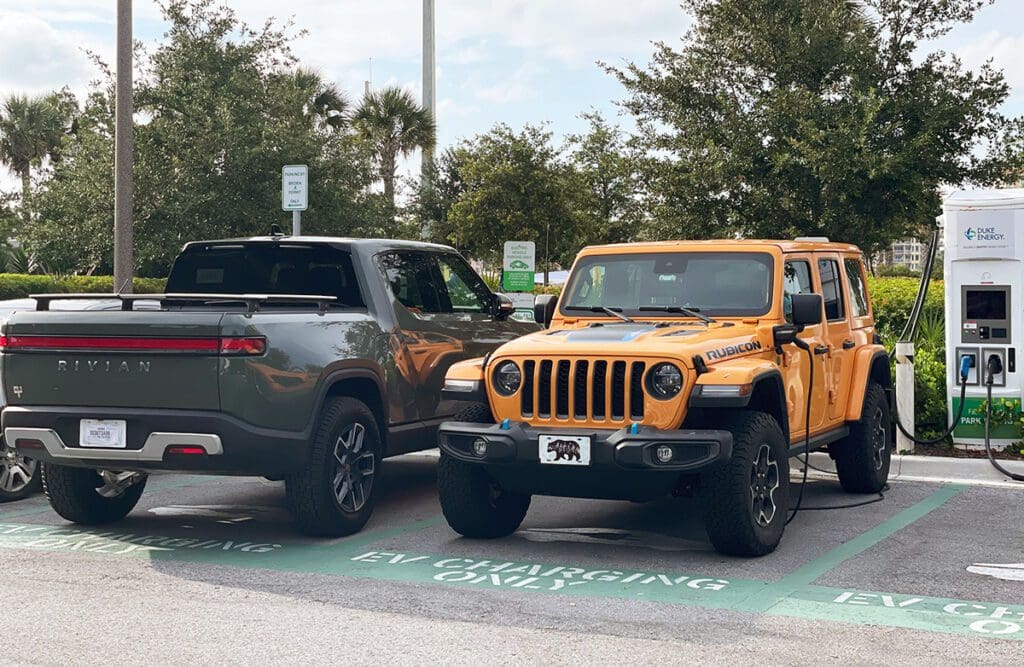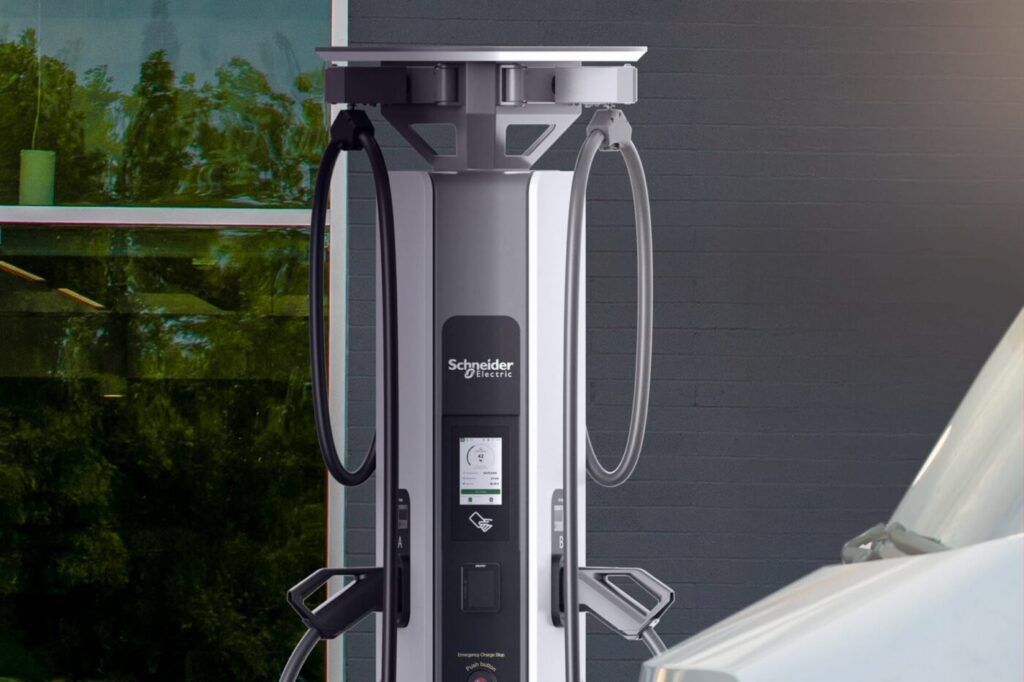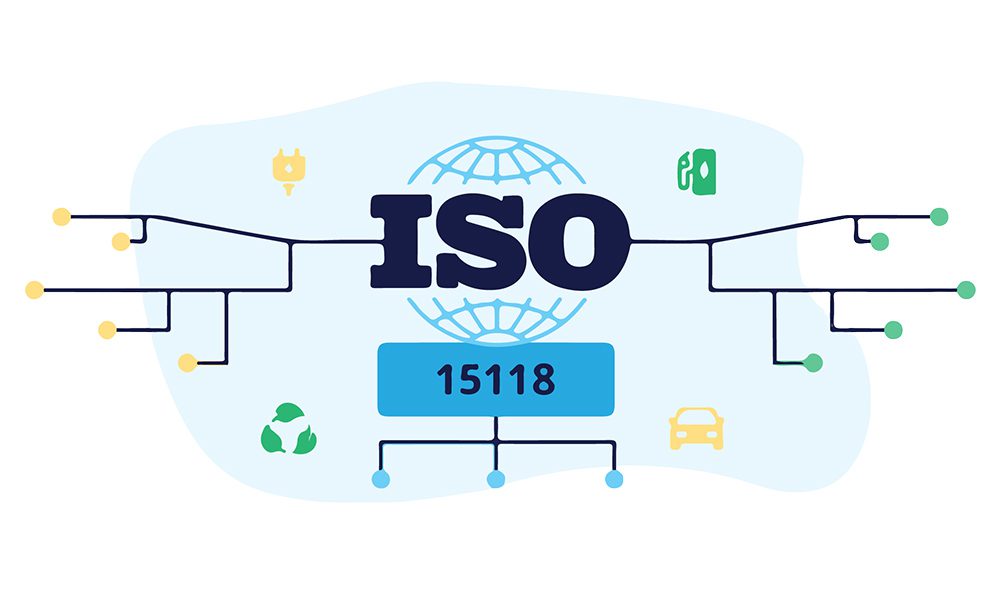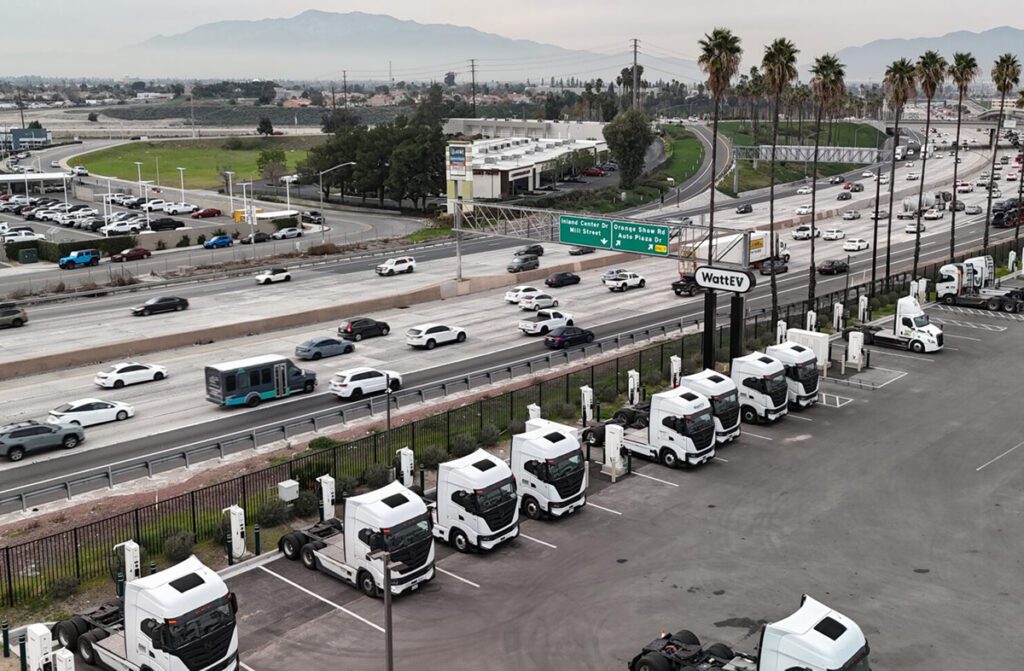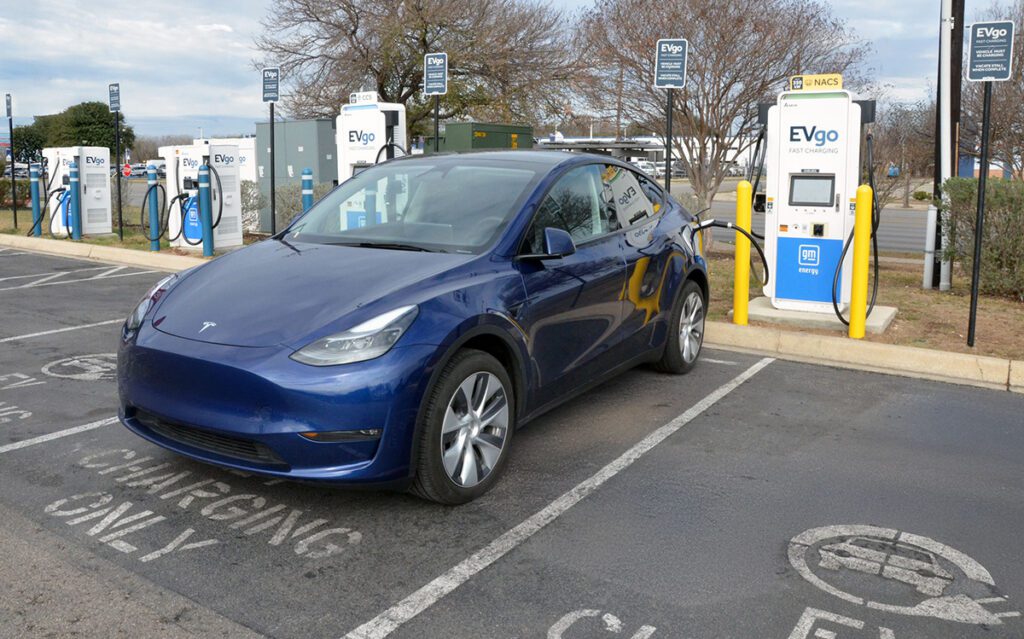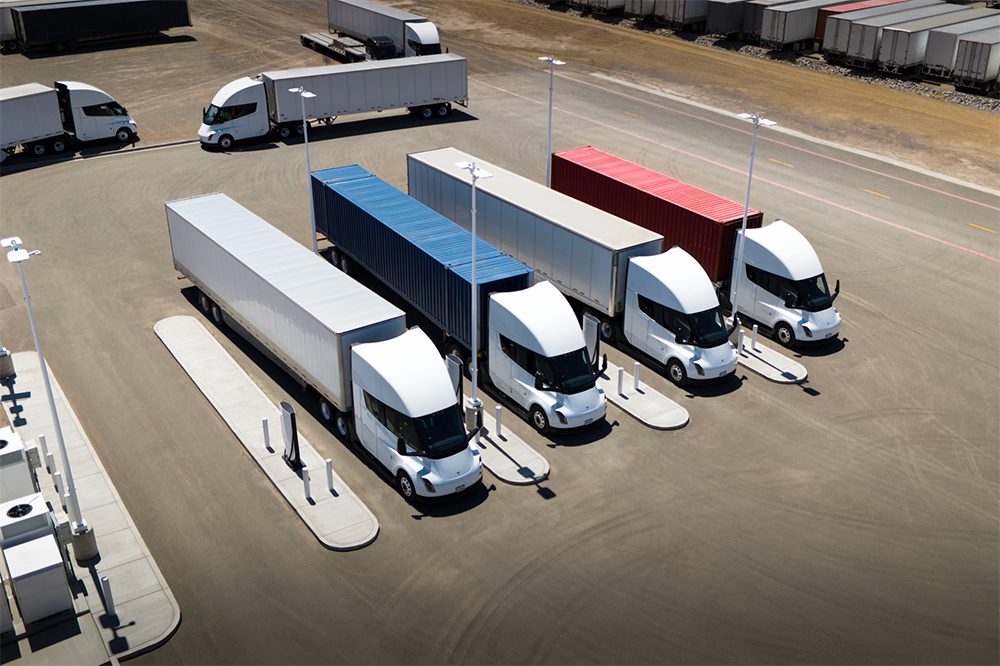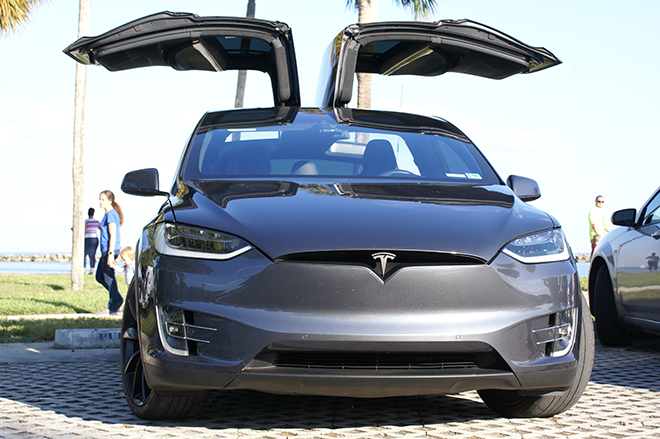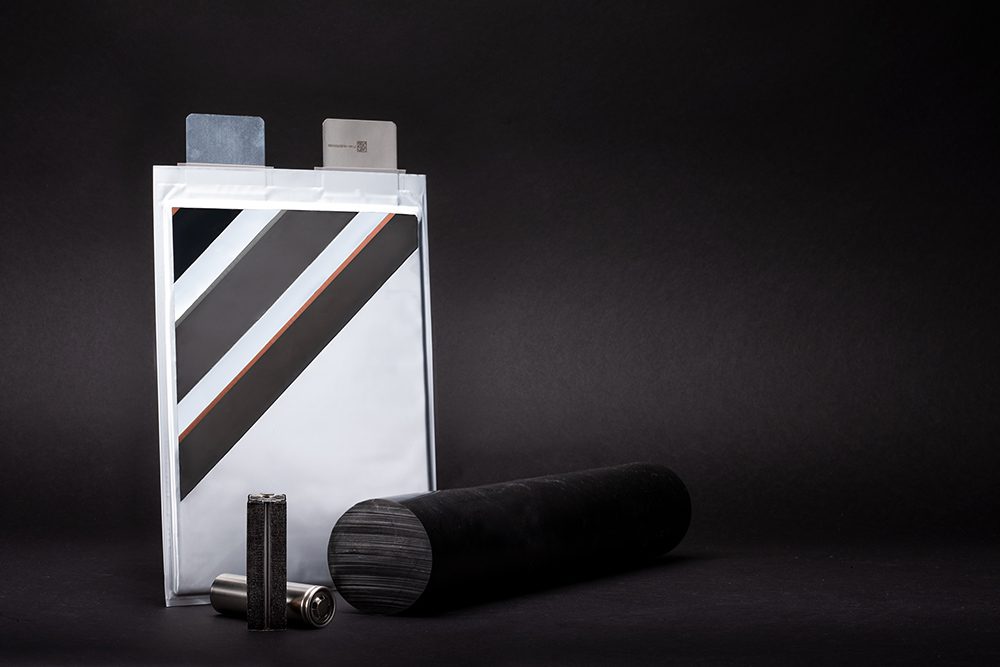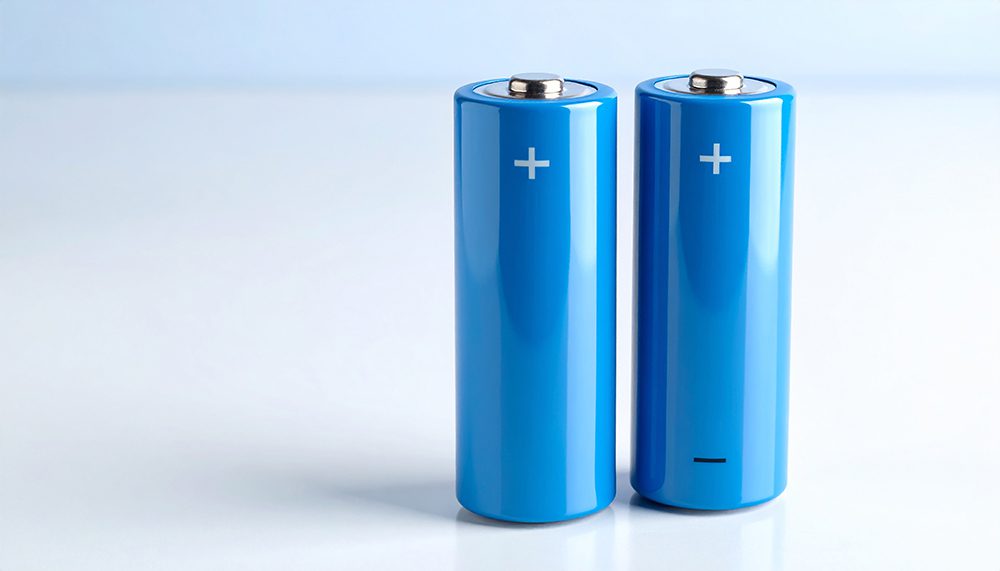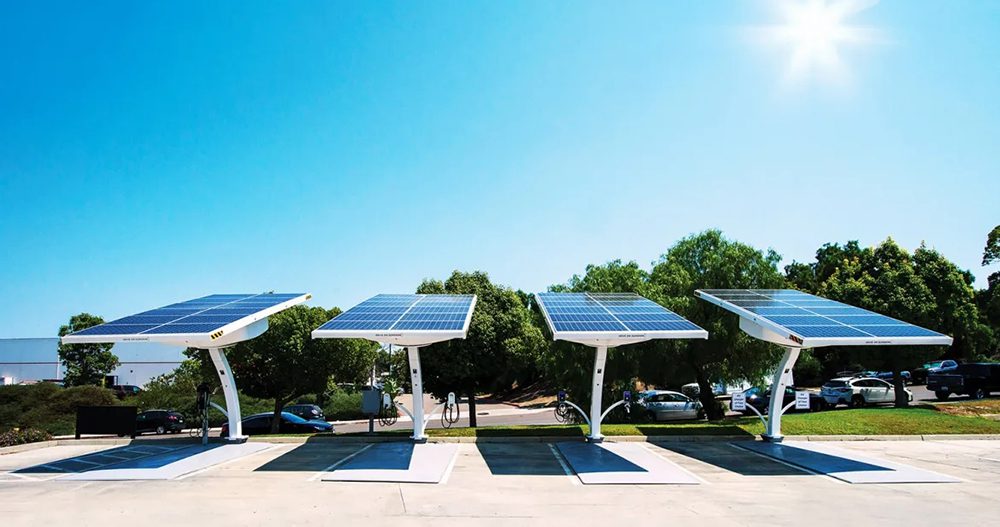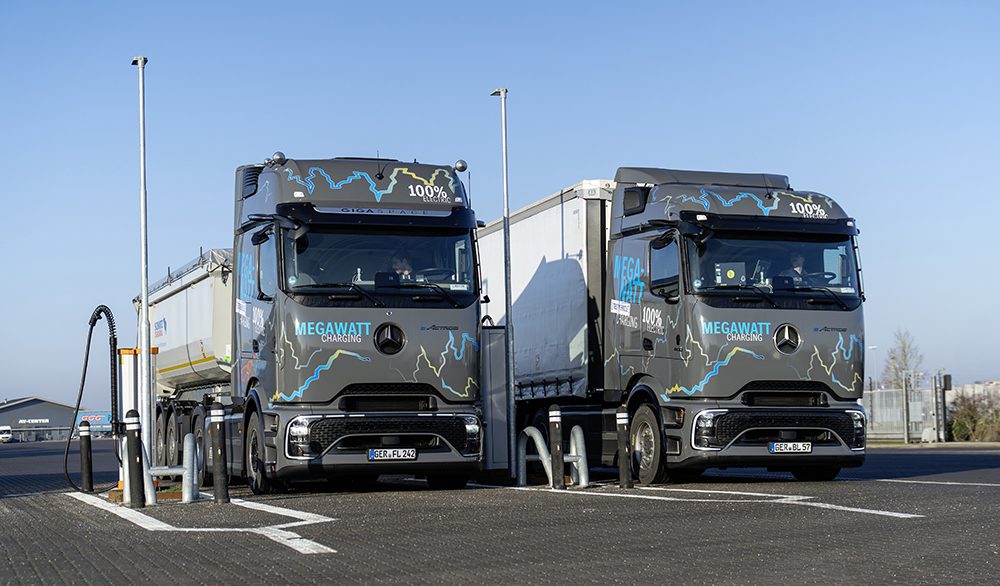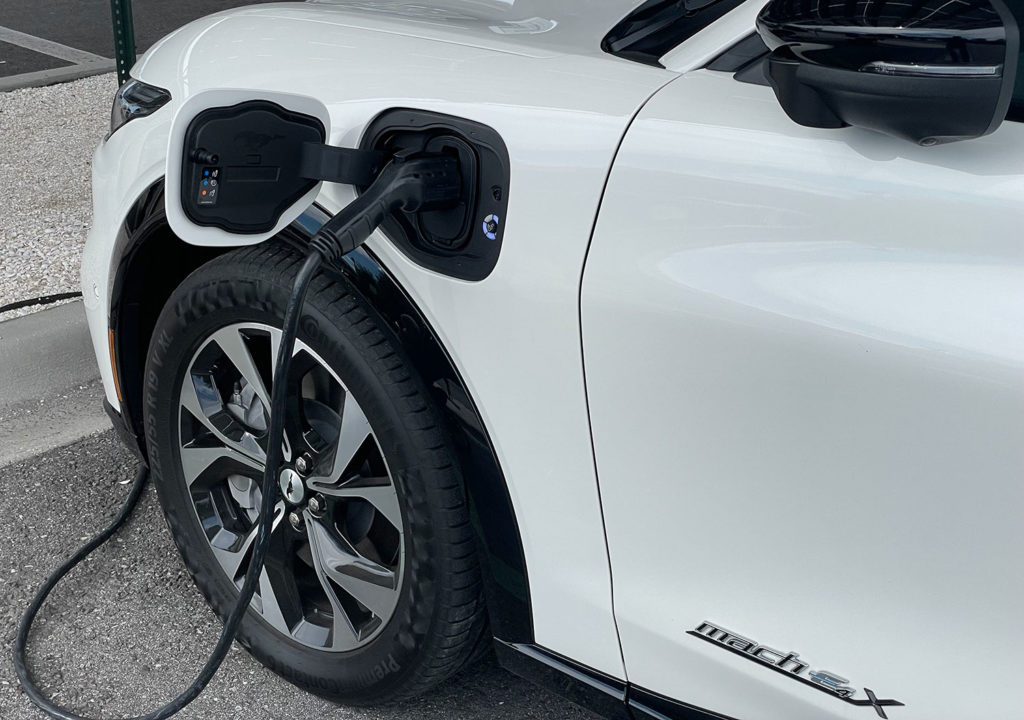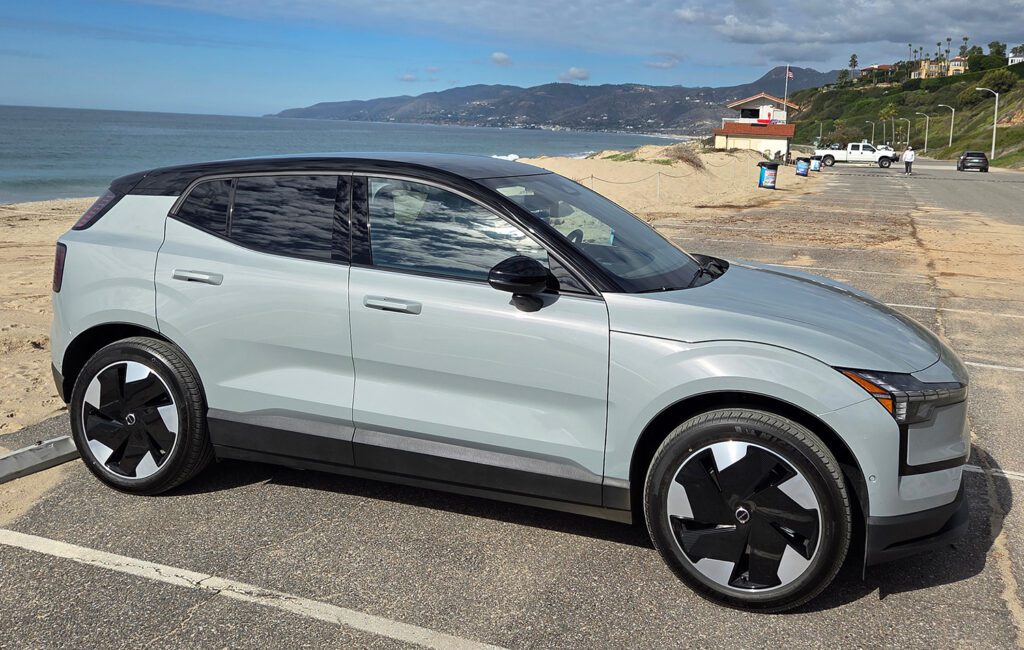When a new technology is in the process of replacing an old one, it’s not uncommon for industry incumbents to experiment with the new tech. When the incumbents in question have barrels of cash lying around, it’s easy for them to do so by means of acquisitions—and that’s exactly what some of the oil majors have been doing. Shell and bp in particular have been on buying sprees in the EV charging space.
Exxon Mobil is targeting a different segment of the EV ecosystem—the oil giant has announced plans to set up a lithium production facility in Arkansas. What the leviathan’s ultimate intentions are, no one outside the company—and quite probably, no one inside—can say at this point. Be that as it may, Exxon has the expertise and the capital to become a major player as the industry scrambles to establish sources of lithium in North America.
“Electrification is going to be a major component of the energy transition, and we bring highly relevant experience to the production of lithium,” Dan Ammann, President of Exxon Mobil Low Carbon Solutions, told the New York Times. “We see an opportunity to deploy that will be highly profitable.”
The idea of an oil company producing lithium makes a lot more sense than might appear at first glance. Exxon execs say the company’s expertise in geology, drilling, hydraulic fracturing and chemical production will allow it to economically extract lithium from Arkansas’s brine-rich Smackover Formation. Exxon has also mentioned the possibility of producing lithium from depleted oil wells, which could be an environmental win/win if it works out.
Exxon has purchased drilling rights on 120,000 acres in Arkansas. It aims to begin lithium production in 2027, and to be producing enough of the light white stuff to supply a million EVs per year by 2030. The company plans to use a direct lithium extraction process, which uses solvents or membranes and filters to produce lithium from brine. This process is thought to be superior to using open pit mines or evaporation ponds, because it’s faster and wastes less water—but it’s a newer method that hasn’t been tested at scale.
Mr. Ammann said Exxon is prepared to invest “hundreds of millions” in the Arkansas project, just for a starter. That’s a substantial sum, but it’s worth noting that the company reported a net income of over 55.7 billion dollars in 2022, and that it continues to deploy billions to develop new oil and gas projects—to say nothing of the sums it invests in lobbying and misinformation campaigns to discourage the EV adoption that creates demand for lithium.
Still, some environmentalists see Exxon’s announcement as a positive step. “It’s an infinitesimal fraction of what Exxon does, and most of what it does is dreadful,” said Dan Becker, Director of the Safe Climate Transport Campaign at the Center for Biological Diversity. “But we do need lithium, and it’s better that it comes from a spoiled industrial site where oil drilling used to take place than from a pristine place.”
Source: New York Times














